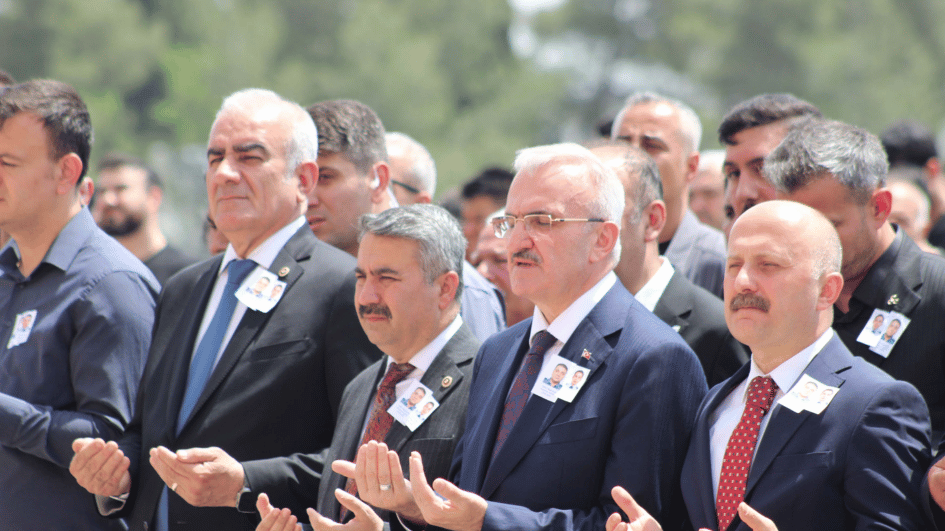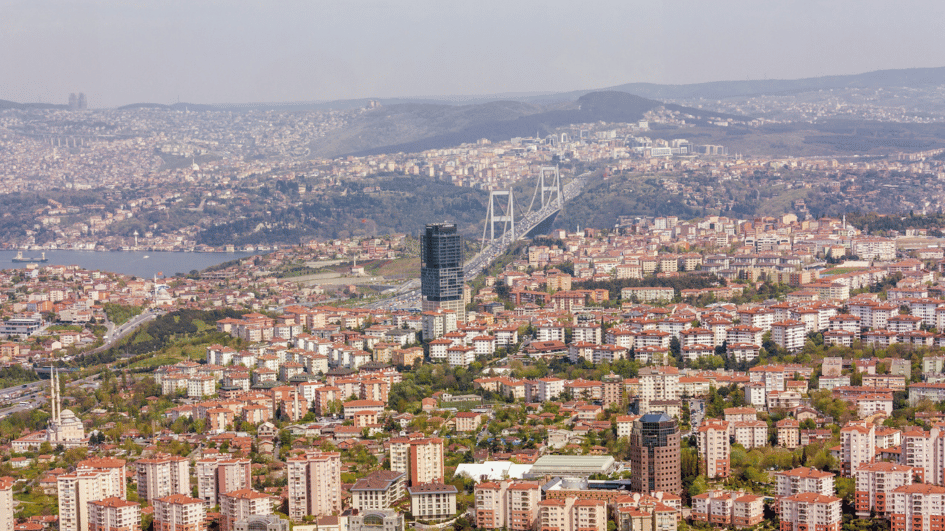Cameron’s double bind
ROBERT ELLIS
Before Christmas, London Mayor Boris Johnson condemned British Prime Minister David Cameron and Chancellor of the Exchequer George Osborne’s EU policies for being “intellectually dishonest,” and even after Cameron’s ‘in-out’ speech this is still true.In July 2010, in a speech made in Ankara, Cameron expressed his indignation that Turkey could guard the camp but not be allowed to sit in the tent and declared he was Turkey’s strongest possible advocate for EU membership. But now, in a surprising volte-face, Cameron has declared he is prepared to leave the club the British government has been so ardent Turkey should join.
Foreign Secretary William Hague and Minister for Europe David Lidington earlier followed Cameron’s lead and in a number of articles advocated Turkey’s EU membership, although they must be aware that their support is, as Cameron said about democratic consent for the EU in Britain; “wafer thin.”
A report by the House of Commons Foreign Affairs Committee last April concluded that “the government’s ambitions for a new ‘special relationship’ between the United Kingdom and Turkey appear to find little popular resonance” and warned that the government would face “a reputational risk” in developing a strategic partnership with Turkey if Turkey’s democratic and human rights standards were poor or deteriorating.
In his Ankara speech it is clear that Cameron hasn’t a clue about developments in Turkey since the Justice and Development Party (AKP) took power in 2002. Otherwise he wouldn’t claim that “the values of real Islam are not incompatible with the values of Europe, that Europe is defined not by religion, but by values.”
However, at a meeting of the Istanbul Forum in October, Turkish Prime Minister Recep Tayyip Erdoğan’s chief adviser, Ibrahim Kalın spoke of the growing gap between Islamic and Western notions of what constitutes sacred, religious rights and freedom of expression and concluded that “the European model of secular democracy, politics and pluralism seems to have little traction in the Arab and larger Muslim world.”
Otherwise there has been no lack of testimonials supporting Turkish membership to the European Union. Six years ago U.S. Secretary of State Condoleeza Rice declared the AKP was “a government dedicated to pulling Turkey west toward Europe” and a year later Sweden’s Foreign Minister Carl Bildt opined that “the AKP government is made up of profound European reformers.”
As late as June 2010, when it was apparent that Turkey’s accession process had stalled, Enlargement Commissioner Stefan Füle stated at a conference in Istanbul that, “Turkey has been making remarkable advances in reforms.” Last June, 16 EU foreign ministers, including William Hague, in a joint declaration promoted Turkey as “an inspirational example of a secular and democratic country.”
According to the deputy chairman of the Republican People’s Party (CHP) Faruk Loğoğlu, their perception of the state of affairs in Turkey was “sadly out of focus.” This was supported by the EU Commission’s latest Progress Report on Turkey, which spoke of serious concerns over the increase in violations of freedom of expression and further restrictions in the freedom of the media.
Günter Seufert from the German Institute for International and Security Affairs has in a perceptive analysis of the societal basis for Turkey’s new foreign policy concluded that EU membership has become less a goal in itself for the majority of Turks than an instrument to facilitate their country’s continued economic development.
In March 2011, Andrew Duff, a liberal Democrat MEP and long-standing proponent of Turkish EU membership, spoke of the need for a “re-foundation of the Turkey-European relationship” and last September he advocated a partnership status rather than full membership. In the light of Cameron’s intention to redefine Britain’s relationship with the EU, it would be appropriate for Britain and the EU to do the same with regard to Turkey.
Robert Ellis is a regular commentator on Turkish affairs in the Danish and international press.











